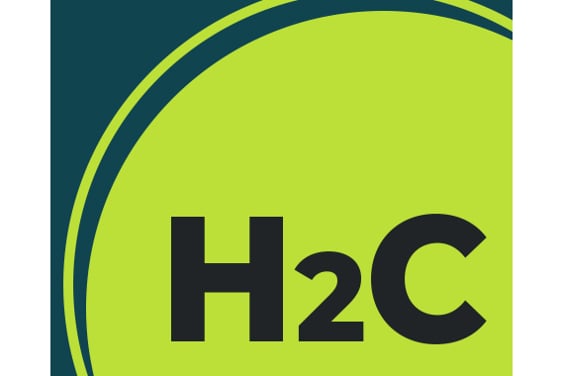Global bunker fuel quality remained resilient in the first half of 2025 despite growing fuel diversity and tightening environmental regulation, according to LR’s latest FOBAS Fuel Insight report.
The findings highlight how improved testing, data sharing and operational practices are supporting shipowners as they adapt to cleaner blends and stricter sulphur limits.
Analysis of fuels tested by LR’s Fuel Oil Bunkering Analysis and Advisory Service (FOBAS) shows that the vast majority met specification and were fit for purpose – 3.5% of very low sulphur fuel oil (VLSFO) fuel samples were off-spec, but only a small fraction of these were unusable. For example, 0.6% of VLSFO samples exceeded the 0.53% 95% confidence range of the 0.50%m.m MARPOL Annex VI limit. Sediment stability also showed varied performance at major ports, with certain ports facing continued problems while others providing much more stable fuel. Distillate fuels continued to demonstrate predictable behaviour, remaining the premium choice for operations requiring tighter quality control.
Sustainability and fuel diversity are key trends in the H1 2025 findings. Uptake of FAME-based biofuel blends, notably B30 RF, is increasing across ports including Singapore, Algeciras and Antwerp. This is being driven by regulatory clarity from MEPC 83 and ISO 8217:2024, which confirmed that blends up to 30% are treated as conventional fuels, simplifying NOx compliance. FOBAS testing to date has found no systemic operational issues with these blends, with most quality considerations linked to the conventional fuel components.
The report also notes a growing shift to direct calorific value measurement, using ASTM D240 Bomb Calorimetry, to more accurately account for the lower energy content of biofuel blends. Early adopters report more precise consumption forecasting, improved voyage planning and reduced cost variability.
Regulatory change has also continued to shape fuel decisions. From 1 May 2025, the Mediterranean’s designation as a Sulphur Emission Control Area (SECA) brought a 0.10% sulphur limit into force, prompting operators to fine-tune fuel management strategies alongside preparations for EU and FuelEU Maritime requirements.
Usman Muhammad, FOBAS Product Manager, said: “Shipowners today face a more complex fuel landscape than ever before. Our latest findings show that quality remains high and compliance strong, but also that success increasingly depends on proactive testing, data-driven decision-making and close cooperation between suppliers and operators. This approach will be essential as the industry accelerates its transition to low- and zero-carbon fuels.”
LR’s FOBAS service provides industry-leading expertise in fuel testing, advisory, and risk mitigation strategies, supporting ship operators in navigating the complexities of fuel quality and regulatory compliance.
The FOBAS Fuel Insight Programme is a bi-annual series of fuel quality reports, which share the knowledge and experience of the FOBAS team in a comprehensive and easily accessible format. It is not just about testing fuel, it’s about empowering the maritime industry with the knowledge and tools needed to make informed decision, reduce risks, and embrace the future of sustainable shipping.
To find out more and read the latest FOBAS Fuel Quality Report, visit the link below:









